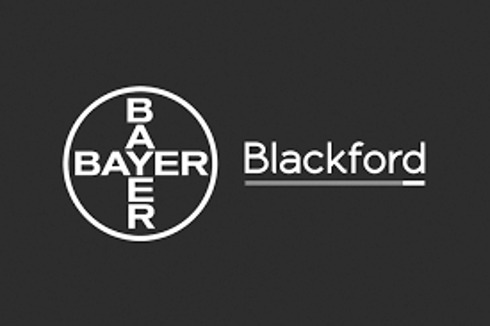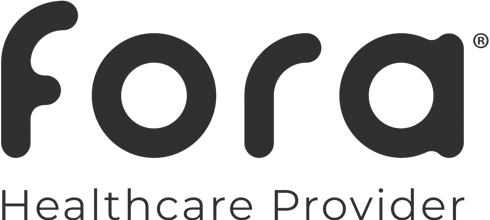

e-Stroke Mobile App Helps Royal Berkshire Stroke Team Manage Service During COVID-19 Crisis
The COVID-19 pandemic is placing strains on healthcare systems across the globe, with an influx of patients afflicted with the virus requiring specialized treatment. At Brainomix, we are committed to supporting this fight against COVID-19 by deploying our e-Stroke Suite platform to help hospitals and networks maintain robust stroke care during this crisis.
The influx of COVID-19 patients will be placing significant strains on healthcare systems across the globe, increasing the need for remote reporting from expert physicians, some of whom may be in isolation and thus physically removed from the hospital. Our new e-Stroke Mobile App provides a platform for timely sharing of images between key healthcare professionals within and across stroke networks to facilitate stroke decision-making. The e-Stroke Suite platform can be configured to output images to a secure web user interface and smartphone app, as well as PACS or email.
At the Royal Berkshire Hospital (RBH) in Reading, UK the e-Stroke Mobile app is helping the stroke team to maximize their resources by enabling expert treatment decisions to be conveyed remotely, all while reducing potential exposure to the virus.
Anticipating a surge in COVID-19 patients, RBH have proactively created two A&E workstreams: one dedicated to patients with the suspected virus, and the other to all remaining patients – including suspected stroke patients, who may initially be seen by physicians without stroke expertise. To address this gap, all clinicians on the stroke team will receive a notification when a suspected stroke patient is admitted, prompting them to review the brain scans processed with the e-Stroke Suite software on their smartphones via the e-Stroke Mobile app.
“The new e-Stroke Mobile app enables me to quickly review CT scans on my phone, to then advise the hospital staff on how best to treat the patient – all done remotely. This eliminates the need for me to log-in to the hospital PACS system on my laptop, saving many minutes that are most critical to a stroke patient’s chances of recovery,” noted Dr Kiruba Nagaratnam, consultant stroke physician and geriatrician, and clinical lead for stroke medicine at the RBH.
“In this unprecedented period of COVID-19, making the most of technology such as the e-Stroke Mobile app is highly valuable, as it facilitates remote treatment decisions, allowing us to maintain a robust stroke service while reducing the impact on busy emergency department clinicians,” continued Dr Nagaratnam.
Our Partners











